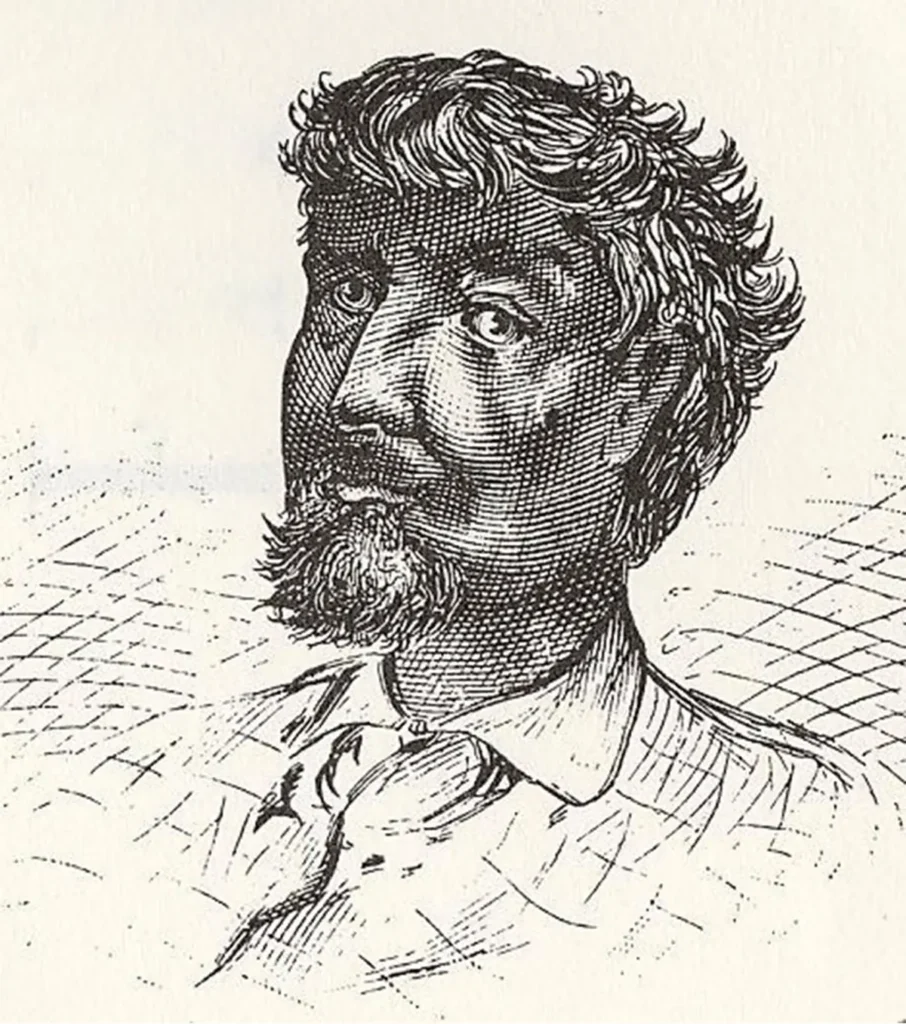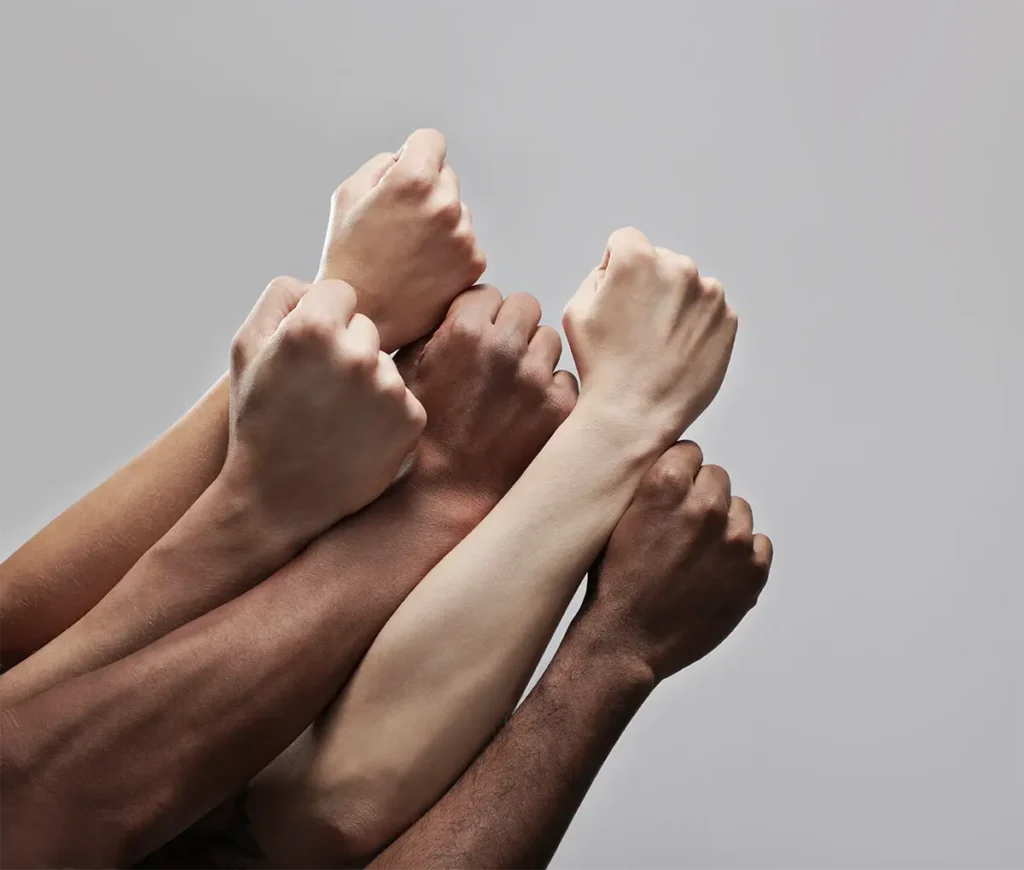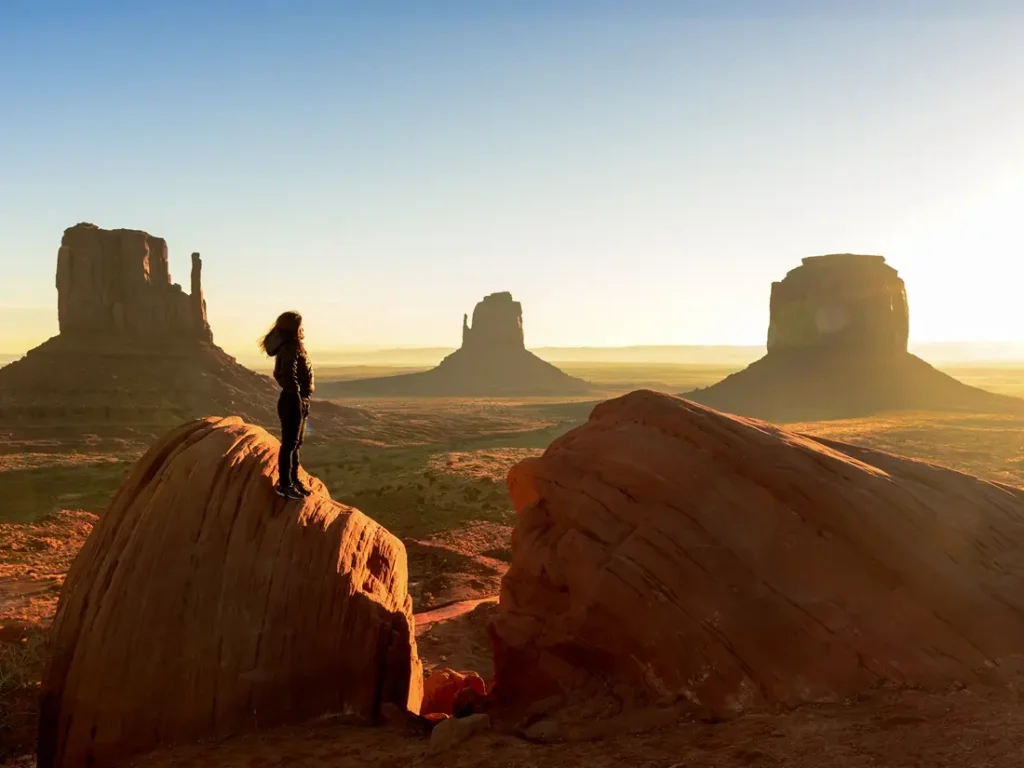In the heart of America’s narrative lies an untold story–one where the histories of Black and Indigenous Americans intertwine. In blood and historical bond, we continue the legacies of our ancestors, channeling power from our past into our fight for today’s struggles. This is more than just history; it’s a call to action.
For Native American Heritage Month, join us on a journey where past and present converge, and our ancestors’ stories empower us to shape tomorrow!

Chicago: A Tale of Shared Beginnings
Born in 1745 with African & French ancestry, Jean Baptiste Point DuSable was the first non-indigenous settler who relocated from Haiti to what is now known as Chicago. DuSable built a career as a businessman and began to interact with the Potawatomi people, eventually marrying a Potawatomi woman, Kitihawa. DuSable learned how to speak the Potawatomi language and those of several neighboring tribes. He became a non-Native, naturalized citizen of the Potawatomi tribe, beginning a multicultural legacy for his two children, Susanne and Jean Baptiste Pointe DuSable Jr.
Before Chicago was officially established, Jean and Kitihawa established a farm and trading operation on the north shore of the Chicago River, in an uninhabited place known as Eschecagou, or the land of wild onions. Through intertribal and international trade, their efforts eventually led to the City of Chicago, the economic heart of the Midwest. Today, Chicago is known for its multicultural atmosphere as one of the most diverse cities in the United States.
This story of intercultural creation and solidarity does not end here. Several prominent, Black-American writers are less known for their Indigenous American ancestry, including Langston Hughes (Cherokee), Olivia Bush-Banks (Montauk), Alice Walker (Cherokee), and Clarence Major (Cherokee). Even our Chairman & CEO, Kevin Cohee, has indigenous roots (Chickasaw).
Similarly, prominent Indigenous American writers, such as William Apess (Pequot), share African ancestry. Did you know that many writers, including Toni Morrison, even document our exchange of cultures?
Voice: As Many, We Speak
Native land, taken. Indigenous people, replaced. Indigenous reserves, impoverished. Indigenous American lives, endangered.
Black Africans, taken. Black Africans, enslaved. Black neighborhoods, redlined. Black lives, endangered.
Disproportionate impacts of discrimination haunt both communities. According to a report from the Journal of Osteopathic Medicine, Indigenous American children experienced discrimination at rates ranging from 10.8% in 2016 to 15.7% in 2020, and Black children ranging from 9.69% in 2018 to 15.04% in 2020.
These struggles, similar in pain, bind the stories of African Americans and Indigenous Americans together, forming kinship, alliances, and shared determination.
Through shared cultural elements, such as “call and response,” we can see the pain and joy of our histories echoed. As one of us calls, the other responds. As one advances, the other benefits. If one is oppressed, the other is undermined.

Victory: As One, We Rise
Our voice is our power. Black communities fight for a reprieve from oppression, for an end to police violence, and for closing the racial wealth gap.
Our will is our might. Indigenous American communities fight for the return of their land, for an end to treaty violations, and for water rights.
Through the momentum of Black Lives Matter, Indigenous Americans won name and logo changes, while Latinx activists were able to highlight unaddressed experiences with police brutality. Indigenous communities across the world marched and demonstrated, asserting that yes, Black lives DO matter! This momentum should continue.
As we work to advance progress and demand tangible actions over performative words from our leaders, our arms should form a link, signaling unshakable unity. As Alice Walker, Black-Cherokee author of “The Color Purple, stated,” We are the ones we have been waiting for.”
We encourage you to explore this shared history further, whether through literature, local events, or community involvement!
Though history may often shake our hopes, stories like Jean and Kitihawa DuSable set us on fire. Shining a light on less documented history often reveals ways in which we have already acted together.
In Solidarity, we can lay the groundwork for feats similar to the DuSable’s in Chicago, and build the America we have often been denied!


















